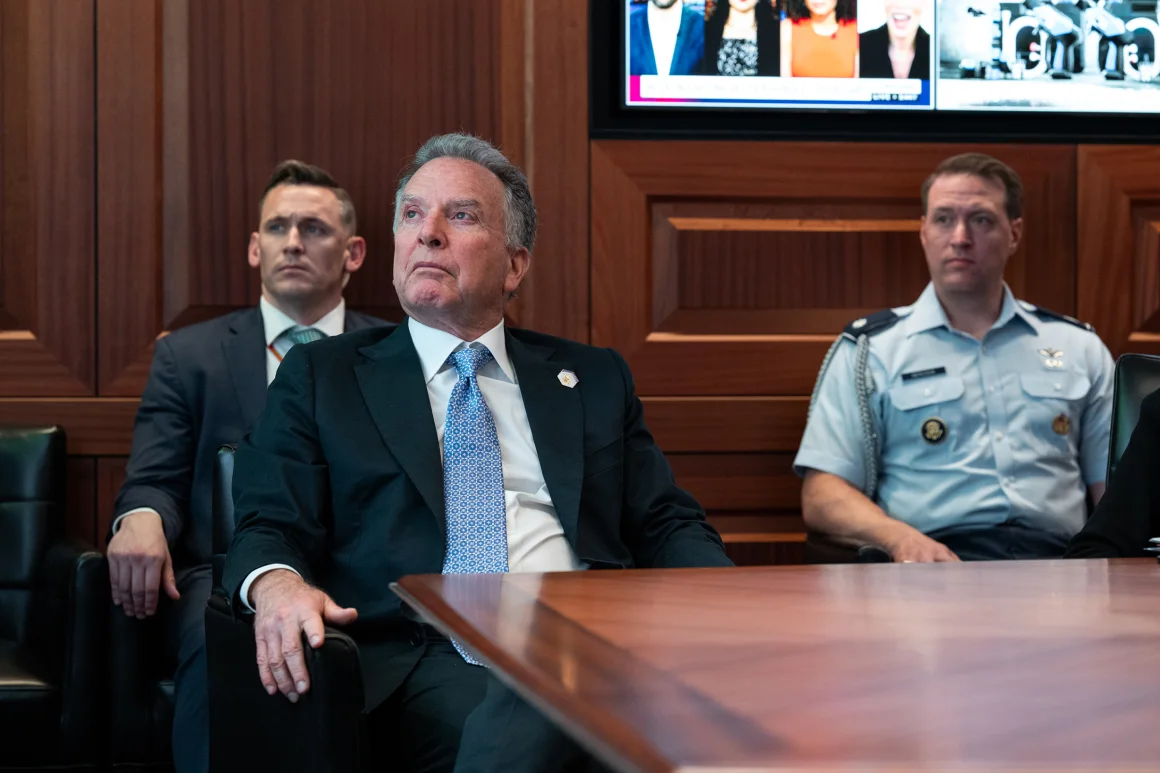The Trump administration has quietly intensified diplomatic efforts to restart nuclear talks with Iran, exploring a potential $20–30 billion investment in a civilian nuclear program and easing sanctions in exchange for Tehran halting uranium enrichment, according to multiple sources familiar with the matter.
Behind-the-scenes negotiations continued even as US and Israeli military strikes hit Iranian sites over the past two weeks. A ceasefire has since been brokered, with Qatar playing a central role, and US officials hope the diplomatic momentum can be revived, reports CNN.
At the center of these talks is a proposal that would see Gulf allies fund Iran’s new non-enrichment civilian nuclear program, allowing it to generate nuclear energy without developing weapons-grade material. One draft proposal includes unlocking $6 billion of frozen Iranian assets and easing selected sanctions.
US Special Envoy Steve Witkoff led a confidential meeting at the White House last Friday with Gulf partners, just before the US launched strikes on Iranian nuclear facilities, including Fordow. One option under consideration involves replacing the damaged Fordow site with a US-backed civilian facility.
Despite the exploratory nature of the proposals, a consistent US condition remains: zero uranium enrichment on Iranian soil. The US instead suggests Iran import enriched uranium, similar to the UAE model.
President Trump confirmed that talks with Iran may occur next week but downplayed expectations. “I don’t care if I have an agreement or not,” he said, though he acknowledged he may seek a statement from Iran renouncing nuclear ambitions.
Secretary of State and National Security Adviser Marco Rubio emphasized that direct talks—not third-party intermediaries—are essential for any final agreement. However, Qatar is still expected to mediate in the early stages.
Witkoff said on Wednesday there are “signs” of willingness from Iran: “We’re having conversations… I think they’re ready.”
Iran has not confirmed any upcoming talks. Meanwhile, hardline elements within Iran responded to the recent strikes by approving legislation to suspend cooperation with the UN’s nuclear watchdog, raising concerns about transparency.
Prior to the latest military escalation, five rounds of US-Iran talks had taken place, with a sixth planned for Oman. That round was canceled following Israel’s attacks.
Trump officials hope the recent strikes may pressure Iran to accept terms aimed at permanently preventing nuclear weapon development. Still, the future of any deal remains uncertain.


